63 items found: Search results for "cloud init" in all categories x

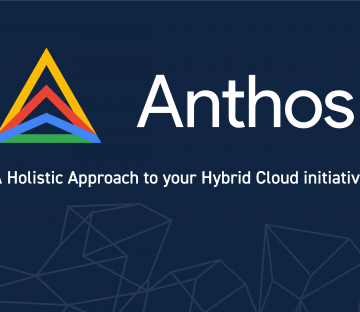
February 17, 2021 | Blog, Cloud, Cloud Native, GCP, Open Source
Multi-cloud is rapidly becoming the cloud strategy of choice for enterprises looking to modernise their applications.
And the reason is simple – it gives them much more flexibility to host their workloads and data where it suits them best.
In this post, we focus on Google’s application modernisation solution Google Anthos and the role it can play in your cloud transformation strategy.


June 23, 2015 | Cloud, DevOps, Terraform Provider
Working with OpenCredo clients, I’ve noticed that even if you are one of the few organisations that can boast ‘Infrastructure as Code’, perhaps it’s only true of your VMs, and likely you have ‘bootstrap problems’. What I mean by this, is that you require some cloud-infrastructure to already be in place before your VM automation can go to work.


March 28, 2024 | Blog, Platform Engineering
Watch the recording of our CEO/CTO, Nicki Watt from the KubeCon + CloudNativeCon 2024 on her talk “To K8S and Beyond – Maturing Your Platform Engineering Initiative.”


September 2, 2021 | Blog, Cloud, Kubernetes


March 20, 2020
Traditionally, Usability and Security have been set in opposition to each other: with tight security, we end up with painful user experience. In this blog, Guy focuses on financial services as an exemplar of how we can introduce usability into a vertical with challenging security and compliance requirements.


April 5, 2018 | Cloud, DevOps, Hashicorp, Terraform Provider
Google Cloud Functions is the Google Cloud Platform (GCP) function-as-a-service offering. It allows you to execute your code in response to event triggers – HTTP, PubSub and Storage. While it currently only supports Node.js code for execution, it has proved very useful for running low-frequency operational tasks and other batch jobs in GCP.


March 7, 2017 | Data Analysis, GCP
Google has recently made its internal Spanner database available to the wider public, as a hosted solution on Google Cloud. This is a distributed relational/transactional database used inside for various Google projects (including F1, the advertising backend), promising high throughput, low latency and 99.999% availability. As such it is an interesting alternative to many open source or other hosted solutions. This whitepaper gives a good theoretical introduction into Spanner.
Listen to a user case story by OpenCredo: Boot my (secure) (gov) cloud and find out more about Vault from HashiCorp.


News | November 25, 2015


October 18, 2015 | Cloud, DevOps
Last week Steve Poole and I were once again back at the always informative JAX London conference talking about DevOps and the Cloud. This presentation built upon our previous DevOps talk that was presented last year, and focused on the experiences that Steve and I had encountered over the last year (the slides for our 2014 “Moving to a DevOps” mode talk can be found on SlideShare, and the video on Parleys).




August 10, 2015 | Cloud, Software Consultancy
As a company, we at OpenCredo are heavily involved in automation and devOps based work, with a keen focus on making this a seamless experience, especially in cloud based environments. We are currently working within HMRC, a UK government department to help make this a reality as part of a broader cloud broker ecosystem project. In this blog post, I look to provide some initial insight into some of the tools and techniques employed to achieve this for one particular use case namely:
With pretty much zero human intervention, bar initiating a process and providing some inputs, a development team from any location, should be able to run “something”, which, in the end, results in an isolated, secure set of fully configured VM’s being provisioned within a cloud provider (or providers) of choice.










February 15, 2012 | Cloud
As part of a recent project, I have been working on a number of Scala/Lift applications that we are hosting on a private Cloud Foundry instance.
In this blog post I would like to talk about some practical aspects of developing and deploying Lift applications to Cloud Foundry.
Out of the box, Cloud Foundry is able to run simple Lift applications smoothly. Things however become more interesting if your application needs to talk to one of the available services on Cloud Foundry, such as a relational or a NoSql store.
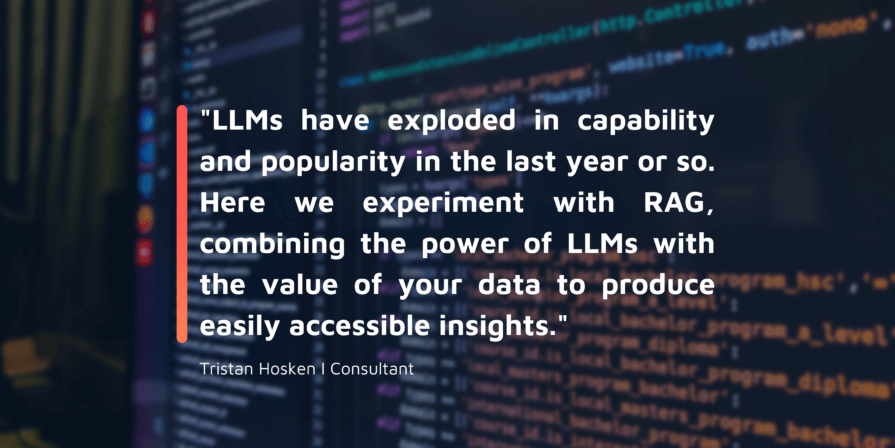
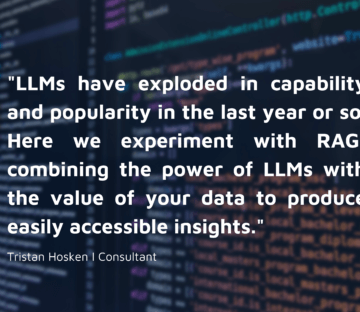
February 6, 2024 | AWS, Blog, OPA
Check out the latest blog by our Consultant, Tristan Hosken, as he explores Retrieval Augmented Generation (RAG). Tristan provides insights into advantages and disadvantages of RAG through hands-on experiments with AWS’s Bedrock and Azure’s OpenAI service.
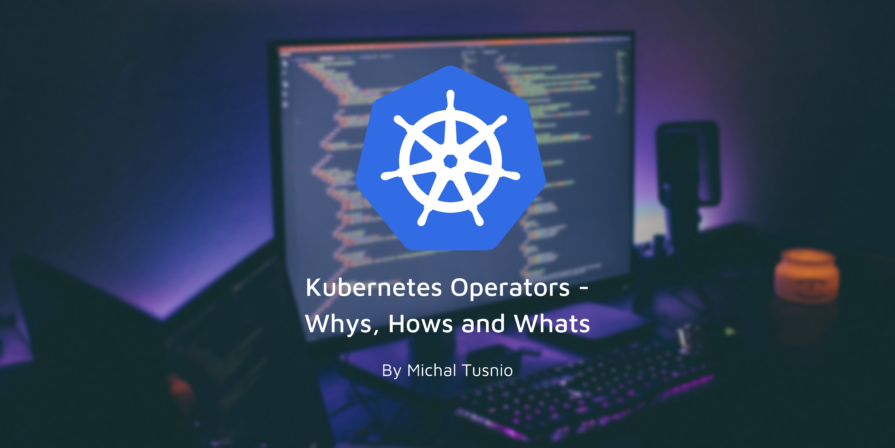
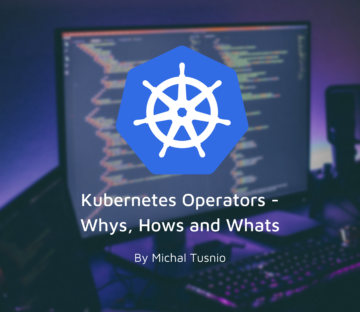
September 27, 2023 | Blog, Kubernetes
Learn to create your first Kubernetes operator by checking out our Senior Consultant Michal Tusnio’s latest blog, “Kubernetes Operators – Whys, Hows and Whats” where he takes you on a journey from zero to operator.
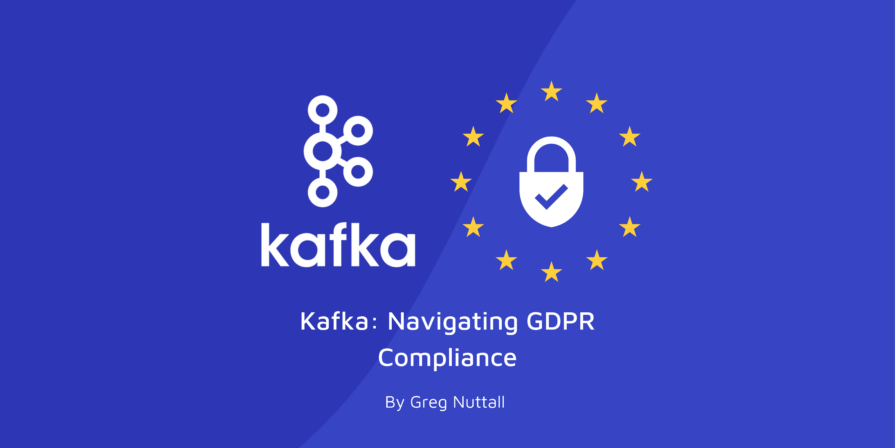

Check out Greg Nuttall’s latest blog where he looks at the challenges posed by GDPR’s “Right to be Forgotten” in the context of Apache Kafka, and delves deeper into three strategies for overcoming them.
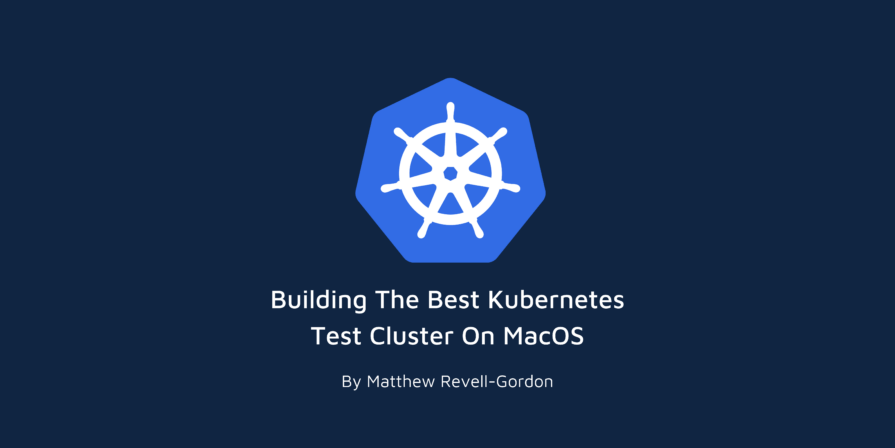
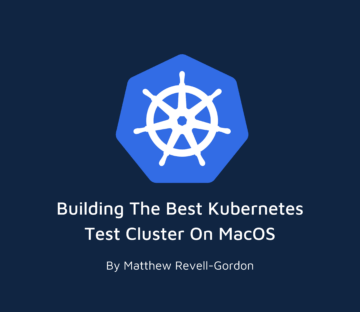
May 18, 2023 | Blog, Kubernetes
Check out Matthew Revell-Gordon’s latest blog as he explores building a local Kubernetes test cluster to better mimic cloud-based deployments, using Colima, Kind, and MetalLB.
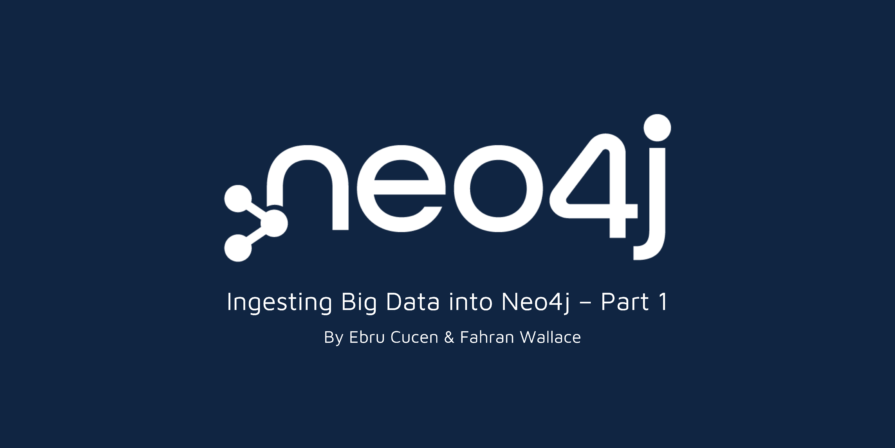
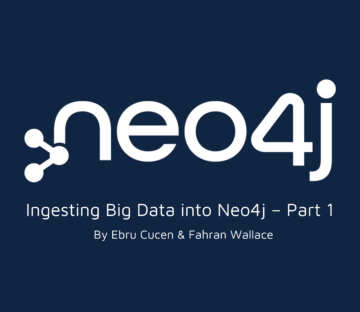
January 26, 2023 | Blog, Data Analysis, Neo4j
Fahran Wallace and Ebru Cucen’s most recent blog post is part 1 of a three-part series. They investigate how OpenCredo ingested 400 million nodes with a billion relationships into Neo4j.

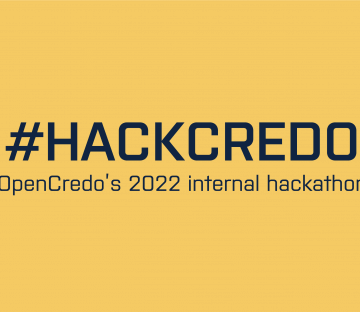
As we are passionate about using technology to solve problems, we are thrilled to share with you our internal competition, “HackCredo.” Read on to learn more about the competition, the groups, and the winners.

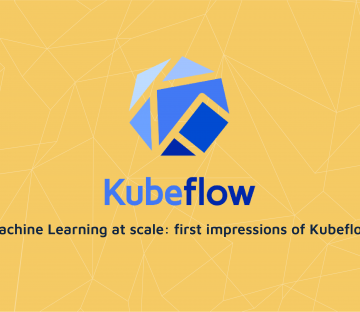
April 20, 2021 | Data Engineering, Machine Learning, Software Consultancy
Our recent client was a Fintech who had ambitions to build a Machine Learning platform for real-time decision making. The client had significant Kubernetes proficiency, ran on the cloud, and had a strong preference for using free, open-source software over cloud-native offerings that come with lock-in. Several components were spiked with success (feature preparation with Apache Beam and Seldon for model serving performed particularly strongly). Kubeflow was one of the next technologies on our list of spikes, showing significant promise at the research stage and seemingly a good match for our client’s priorities and skills.
That platform slipped down the client’s priority list before completing the research for Kubeflow, so I wanted to see how that project might have turned out. Would Kubeflow have made the cut?
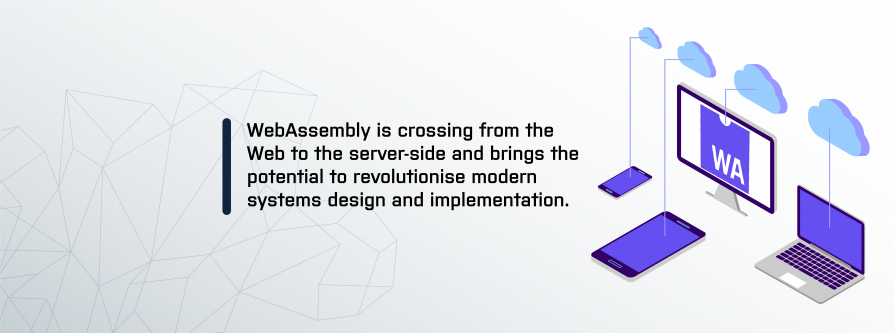
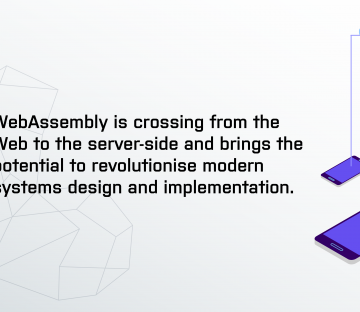
December 11, 2020 | Cloud, Cloud Native, Kubernetes, Microservices
“WebAssembly is a safe, portable, low-level code format designed for efficient execution and compact representation.” – W3C
In this blog, I’ll cover the different applications of Wasm and WASI, some of the projects that are making headway, and the implications for modern architectures and distributed systems.
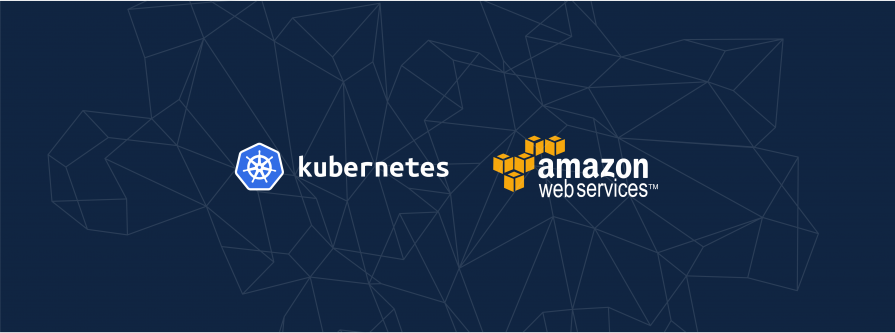
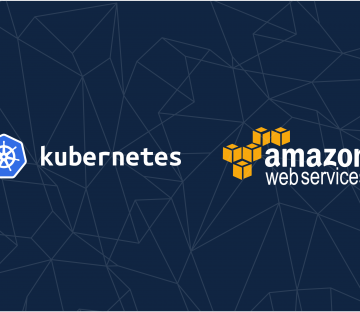
October 29, 2020 | Cloud, Kubernetes, Open Source
While working with a client recently, we experienced some issues when attempting to make use of NLB external load balancer services when using AWS EKS. I wanted to investigate whether these issues had been fixed in the upstream GitHub Kubernetes repository, or if I could fix it myself, contributing back to the community in the process.


November 13, 2019 | Software Consultancy
Pioneering and pushing technology boundaries – pretty much a given nowadays for the software-driven startup. Here are some insights we’ve observed working with a number of venture capital (VC) companies who have managed to navigate the choppy waters and successfully grow their business including winning further investment along the way.
With our deep hands-on technical expertise and pragmatic focus, OpenCredo has become a natural software acceleration partner for VC funded organisations who are looking to deliver tangible value as effectively as possible. We’ve been brought in to work alongside these innovators at various stages of their journey. As such we’ve gained an appreciation for and acquired, first-hand insight into some of the pressures and challenges faced. From getting and securing that next round of funding, to grappling with the technical decisions and challenges inherent in sensibly evolving offerings to accommodate future growth and scaling.
This blog is written exclusively by the OpenCredo team. We do not accept external contributions.


February 5, 2019 | Cloud Native, DevOps, Kubernetes, Microservices, Open Source
While Prometheus has fast become the standard for monitoring in the cloud, making Prometheus highly available can be tricky. This blog post will walk you through how to do this using the open source tool Thanos.


July 13, 2018 | Software Consultancy
As a consultant I often find myself in situations that require tricky problem solving, typically of a technical nature. Yet although it is common to approach a consultancy engagement in terms of its technical context, not all problems have a purely technical solution.


May 16, 2018 | Microservices
To identify service boundaries, it is not enough to consider (business) domains only. Other forces like organisational communication structures, and – very important – time, strongly suggest that we should include several other criteria in our considerations.


February 14, 2018 | Cloud
AWS Announced a few new products for use with containers at RE:Invent 2017 and of particular interest to me was a new Elastic Container Service(ECS) Launch type, called Fargate
Prior to Fargate, when it came to creating a continuous delivery pipeline in AWS, the use of containers through ECS in its standard form, was the closest you could get to an always up, hands off, managed style of setup. Traditionally ECS has allowed you to create a configured pool of “worker” instances, with it then acting as a scheduler, provisioning containers on those instances.


February 6, 2018 | Cloud
Among the many announcements made at Re:Invent 2017 was the release of AWS Privatelink for Customer and Partner services. We believe that the opportunity signalled by this modest announcement may have an impact far broader than first impressions suggest.


January 11, 2018 | Data Engineering
The last few years have seen Python emerge as a lingua franca for data scientists. Alongside Python we have also witnessed the rise of Jupyter Notebooks, which are now considered a de facto data science productivity tool, especially in the Python community. Jupyter Notebooks started as a university side-project known as iPython in circa 2001 at UC Berkeley.


August 9, 2017 | Cloud, DevOps, Terraform Provider
The recent 0.10.0 release of HashiCorp Terraform, saw a significant change to the way Providers are managed. Specifically, the single open source code repository for Terraform has been divided into core and multiple provider repositories.


June 15, 2017 | Data Engineering
CockroachDB is a distributed SQL (“NewSQL”) database developed by Cockroach Labs and has recently reached a major milestone: the first production-ready, 1.0 release. We at OpenCredo have been following the progress of CockroachDB for a while, and we think it’s a technology of great potential to become the go-to solution for a having a general-purpose database in the cloud.


March 20, 2017 | DevOps
DevOps has swept the tech landscape. Now, many are discovering the benefits of programmable infrastructure. I have been lucky to work on many projects where we’ve taken advantage of tools such as Terraform, Ansible, or Chef.


January 24, 2017 | Cloud
This blog aims to provide an end to end example of how you can automatically request, generate and install a free HTTPS/TLS/SSL certificate from Let’s Encrypt using Terraform. Let’s Encrypt is a free, automated, and open certificate authority (CA) aiming to make it super easy (and free – did I say free!) for people to obtain HTTPS (SSL/TLS) certificates for their websites and infrastructure. Under the hood, Let’s Encrypt implements and leverages an emerging protocol called ACME to make all this magic happen, and it is this ACME protocol that powers the Terraform provider we will be using. For more information on how Let’s Encrypt and the ACME protocol actually work, please see how Let’s Encrypt works.


August 26, 2016 | Kubernetes
This post is the first of a series of three tutorial articles introducing a sample, tutorial project, demonstrating how to provision Kubernetes on AWS from scratch, using Terraform and Ansible.


August 24, 2016 | Cassandra
At OpenCredo we are seeing an increase in adoption of Apache Cassandra as a leading NoSQL database for managing large data volumes, but we have also seen many clients experiencing difficulty converting their high expectations into operational Cassandra performance. Here we present a high-level technical overview of the major strengths and limitations of Cassandra that we have observed over the last few years while helping our clients resolve the real-world issues that they have experienced.


July 3, 2016 | DevOps
Several of us from the OpenCredo team were in attendance at the inaugural EU edition of the DevOps Enterprise Summit conference. We have been big fans of the two previous US versions, and have watched the video recordings of talks (2014, 2015) with keen interest as many of our DevOps transformation clients are very much operating in the ‘enterprise’ space.


March 2, 2016 | DevOps, Microservices
Many of our clients are currently implementing applications using a ‘microservice’-based architecture. Increasingly we are hearing from organisations that are part way through a migration to microservices, and they want our help with validating and improving their current solution. These ‘microservices checkup’ projects have revealed some interesting patterns, and because we have experience of working in a wide-range of industries (and also have ‘fresh eyes’ when looking at a project), we are often able to work alongside teams to make significant improvements and create a strategic roadmap for future improvements.


March 2, 2016 | Microservices
Microservice-style software architectures have many benefits: loose coupling, independent scalability, localised failures, facilitating the usage of polyglot data persistence tools or multiple programming languages.
However, they also introduce other challenges. A major one is the fact that the end-user functionality of the system will ultimately emerge as a composition of multiple services. This significantly increases the complexity of deploying the system. In addition, because we lose the concept of “versions” of the system, it becomes harder to answer questions like “what capabilities are in production?” and “when is a new feature considered ‘done’?”.


December 1, 2015 | Software Consultancy
This post introduce some of the basic features of Hazelcast, some of its limitations, how to embed it in a Spring Boot application and write integration testings. This post is intended to be the first of a series about Hazelcast and its integration with Spring (Boot). Let’s start from the basics.


November 3, 2015 | Software Consultancy
My JavaOne experience was rather busy this year, what with three talks presented in a single day! The first of these talks “Debugging Java Apps in Containers: No Heavy Welding Gear Required” was delivered with my regular co-presenter Steve Poole, from IBM, and we shared our combined experiences of working with Java and Docker over the past year.


September 24, 2015 | Microservices
Unless you’ve been living under a (COBOL-based) rock for the last few years, you will have no doubt heard of the emerging trend of microservices. This approach to developing ‘loosely coupled service-oriented architecture with bounded contexts’ has captured the hearts and minds of many developers. The promise of easier enforcement of good architectural and design principles, such as encapsulation and interface segregation, combined with the availability to experiment with different languages and platforms for each service, is a (developer) match made in heaven.
![Microservice Platforms: Some Assembly [Still] Required. Part Two](https://opencredo.com/wp-content/uploads/2018/10/banner-services-895x196.jpg)
![Microservice Platforms: Some Assembly [Still] Required. Part Two](https://opencredo.com/wp-content/uploads/2018/10/banner-services-360x312.jpg)
September 20, 2015 | Microservices
Over the past five years I have worked within several projects that used a ‘microservice’-based architecture, and one constant issue I have encountered is the absence of standardised patterns for local development and ‘off the shelf’ development tooling that support this. When working with monoliths we have become quite adept at streamlining the development, build, test and deploy cycles. Development tooling to help with these processes is also readily available (and often integrated with our IDEs). For example, many platforms provide ‘hot reloading’ for viewing the effects of code changes in near-real time, automated execution of tests, regular local feedback from continuous integration servers, and tooling to enable the creation of a local environment that mimics the production stack.


September 14, 2015 | Cloud, DevOps
If you are operating in the programmable infrastructure space, you will hopefully have come across Terraform, a tool from HashiCorp which is primarily used to manage infrastructure resources such as virtual machines, DNS names and firewall settings across a number of public and private providers (AWS, GCP, Azure, …).


September 13, 2015 | DevOps
Last week I was privileged to be able to present my “Thinking Fast and Slow with Software Development” talk at the inaugural Software Circus conference in Amsterdam. The conference was amazing, and I’ll write more about this later, but in this post I was keen to share the presentation slides and the thinking behind this talk…


August 5, 2015 | Data Analysis, Data Engineering
A few weeks ago, we thought about building a Google analytics dashboard to give us easy access to certain elements of our Google Analytics web traffic. We saw some custom dashboards for bloggers, but nothing quite right for our goal, since we wanted the data on a big screen for everyone in the office to view.


August 5, 2015 | Cloud, GCP, Kubernetes
Why OpenCredo partnered with Google
Recently OpenCredo chose to partner with Google in order to share knowledge and resources around the Google Cloud Platform offerings. Our clients come in many shapes and sizes, but typically all of them realise three disruptive truths of the modern IT industry: the (economic) value of cloud; the competitive advantage of continuous delivery; and the potential of hypothesis and data-driven product development to increase innovation (as popularised by the Lean Startup / Lean Enterprise motto of ‘build, measure, learn’).






August 2, 2013 | Software Consultancy
Configuration management was born in the pre-cloud era. Remember the days when acquiring a super powerful multi core server felt like winning the jackpot? Infrastructure was a slightly different place back then. Yet for all the recent developments in DevOps, its legacy is still with us.


January 7, 2013 | Software Consultancy
The practice of continuous integration in which build servers are used to build and perform testing of code is now widespread and mainstream.
While not all teams have adopted continuous integration effectively, its increasing adoption has led many to start to look for additional opportunities to improve the cost, quality and speed of delivery with which software targeted to meet business needs can be released into production environments.
Traditionally Continuous Integration addresses the question of “does the software build and pass our unit and integration test suites?”. This is often insufficient.


February 8, 2012 | Data Analysis, Data Engineering
Most of the important players in this space are large IT corporations like Oracle and IBM with their commercial (read expensive) offerings.
While most of CEP products offer some great features, it’s license model and close code policy doesn’t allow developers to play with them on pet projects, which would drive adoption and usage of CEP in every day programming.